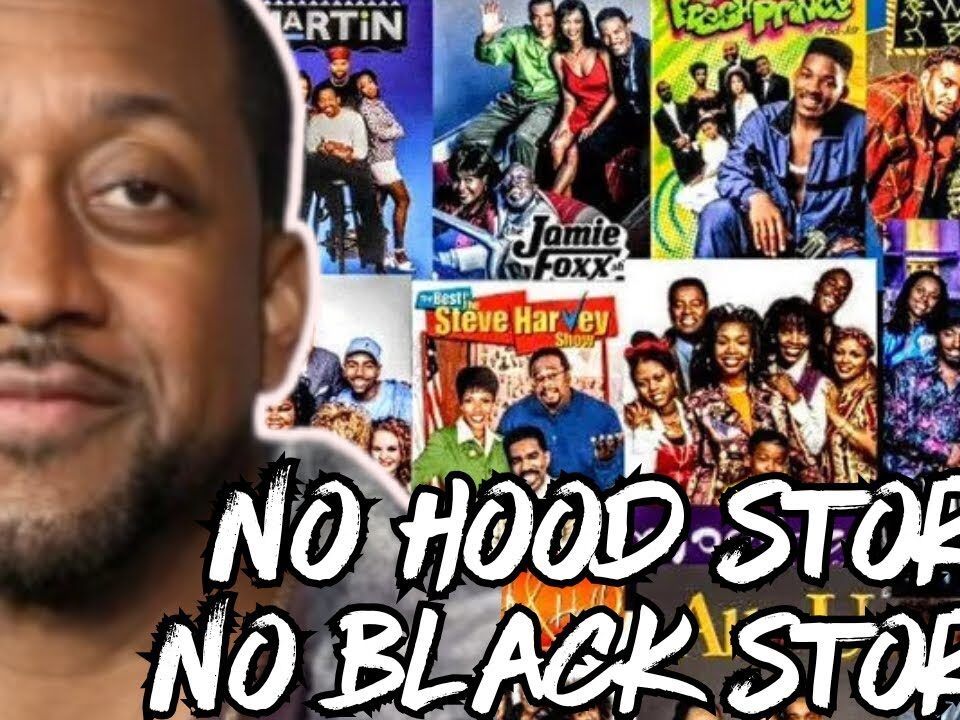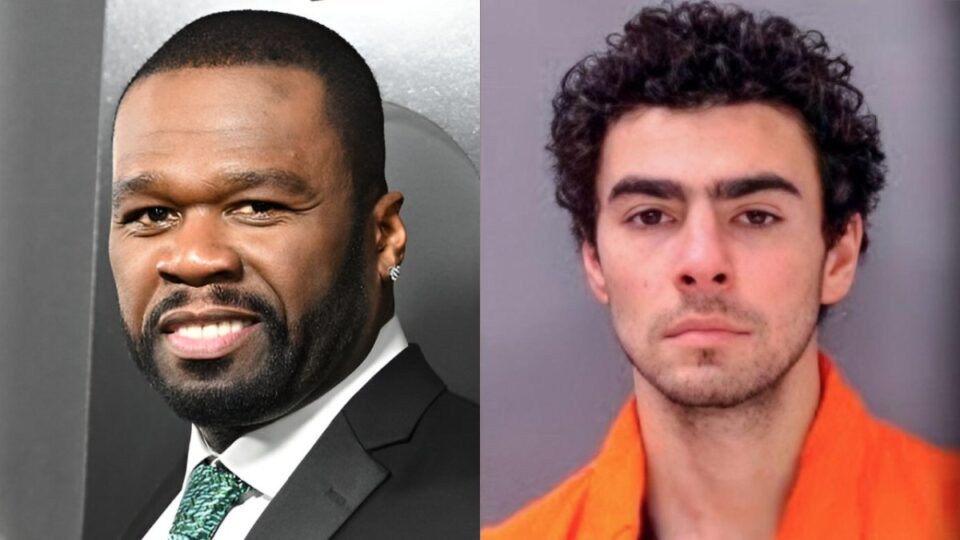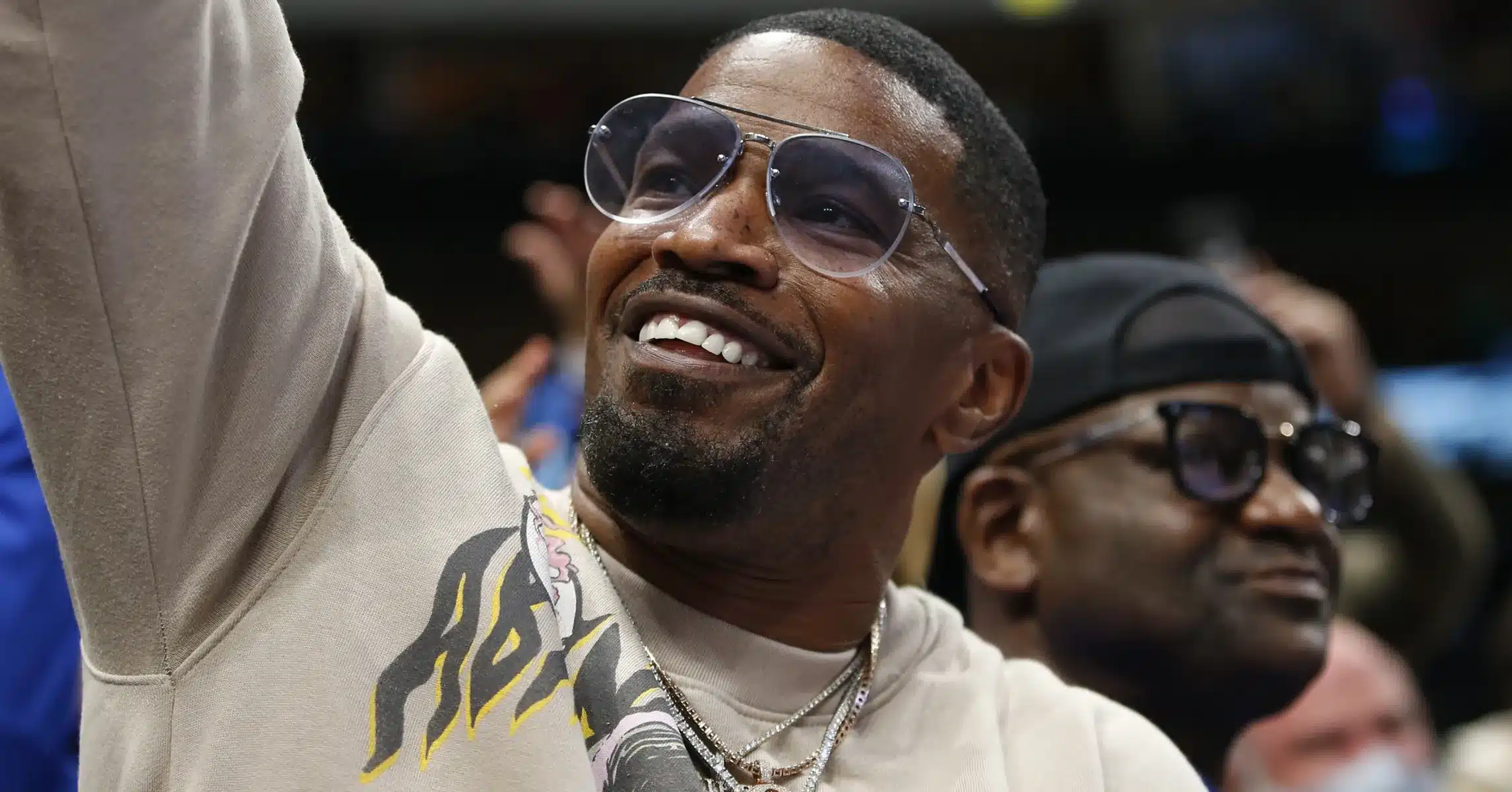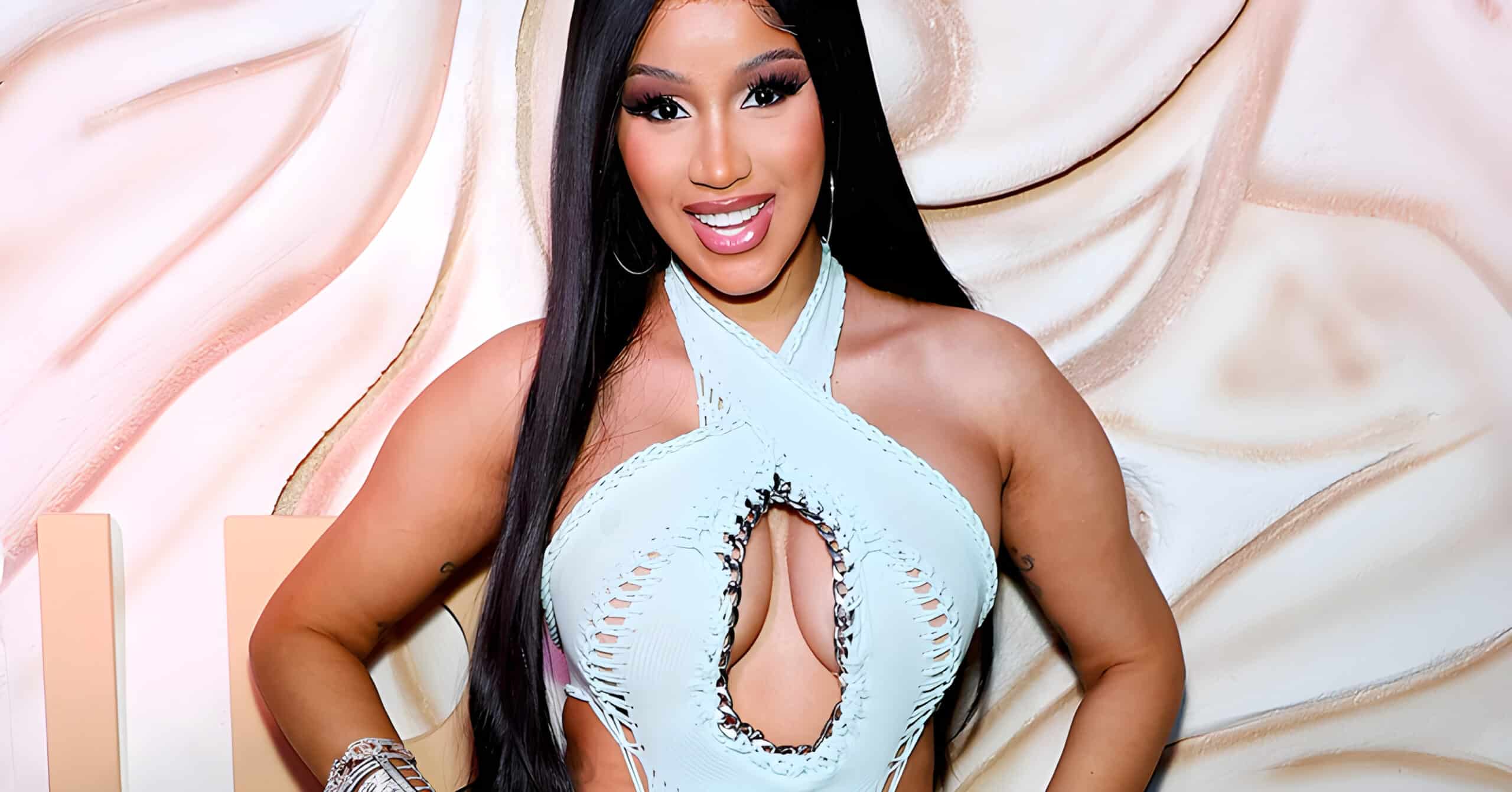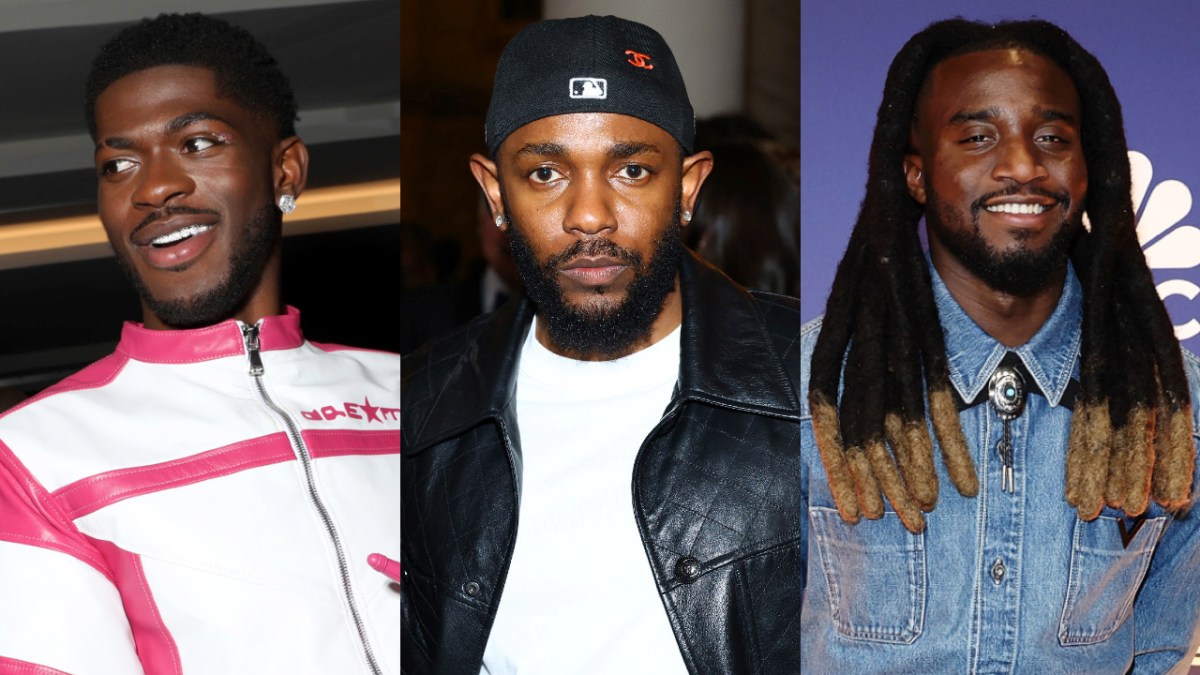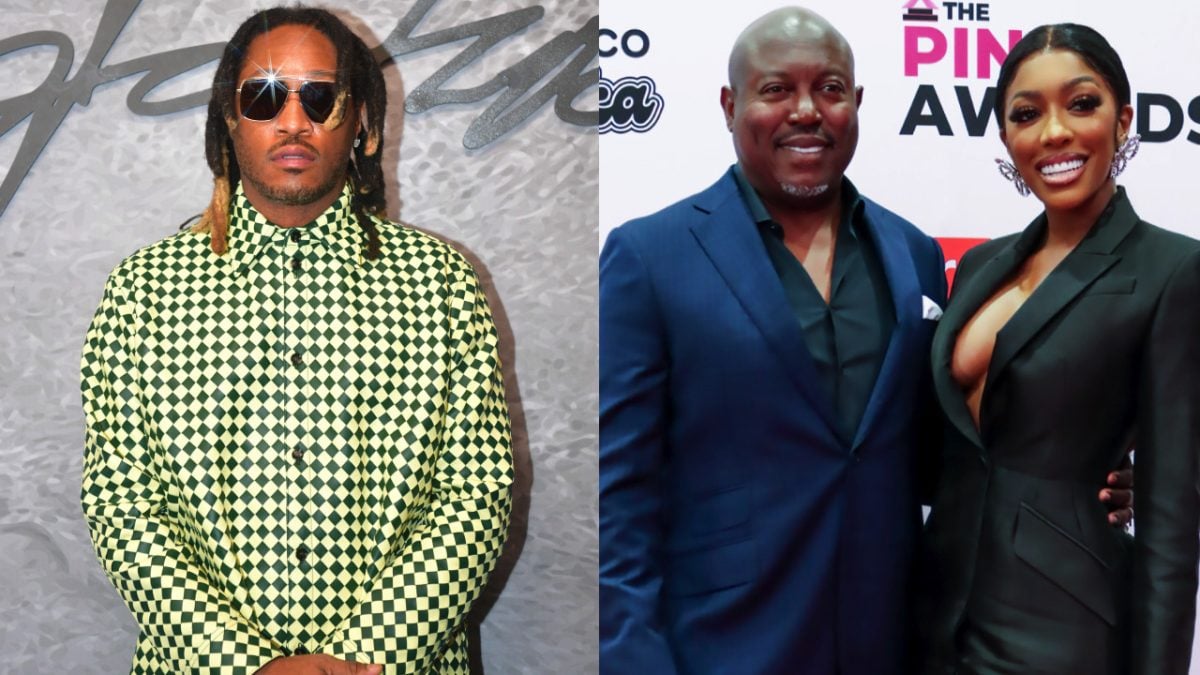In a recent discussion, opinions were shared about the portrayal of Black culture in 1990s television and its lasting impact. The conversation focused on the significance of these shows and questioned the representation of Blackness on screen.
The 1990s were a vibrant time for Black TV shows, each weaving unique tales of family, culture, and daily challenges. Shows like “Martin,” “Living Single,” and “Family Matters” defined many aspects of Black entertainment, becoming cherished household names.
The narrative touched on how Blackness is often shown as a monolithic experience, mainly through hood stories. This perception can leave other narratives feeling sidelined. However, 90s shows like “Family Matters” still hold a special place for breaking stereotypes, featuring African American families in diverse and positive roles.
It’s clear that these shows depicted characters in a wide range of professions and situations. From “Family Matters,” where a police officer and his family navigated life’s ups and downs, to “Living Single,” showcasing successful, independent Black professionals, these shows were anything but one-dimensional.
Viewers were reminded of the positive images these series projected. They offered a sense of pride and a model of Black excellence. For many, these shows filled an essential gap in television, highlighting stories that were relevant and inspiring.
Despite different settings, these programs shared the common goal of presenting a fuller picture of Black life. They contrasted sharply with the often chaotic portrayals found in more modern reality TV, which can seem far removed from the legacy left by 90s sitcoms.
The idea that Black audiences only resonate with hood narratives was challenged. These shows proved that Black viewers could also relate to and love stories of success, family unity, and professional accomplishments.
The broader cultural impact of shows like “The Cosby Show” and “Jamie Foxx Show” extended beyond mere entertainment. They helped shape societal perceptions and set a foundation for future Black-led series. The enduring appeal of these shows underscores their importance.
Amidst a changing media landscape, the longing for similar uplifting portrayals remains. There’s a call for more programming that repeats the success of 90s classics, which portrayed relatable and admirable Black characters.
While modern shows offer different lenses, the essence of 90s Black TV shows remains significant. They remind us of the variety of stories that reach and inspire regardless of race or background, highlighting the depth and breadth of Black culture.
